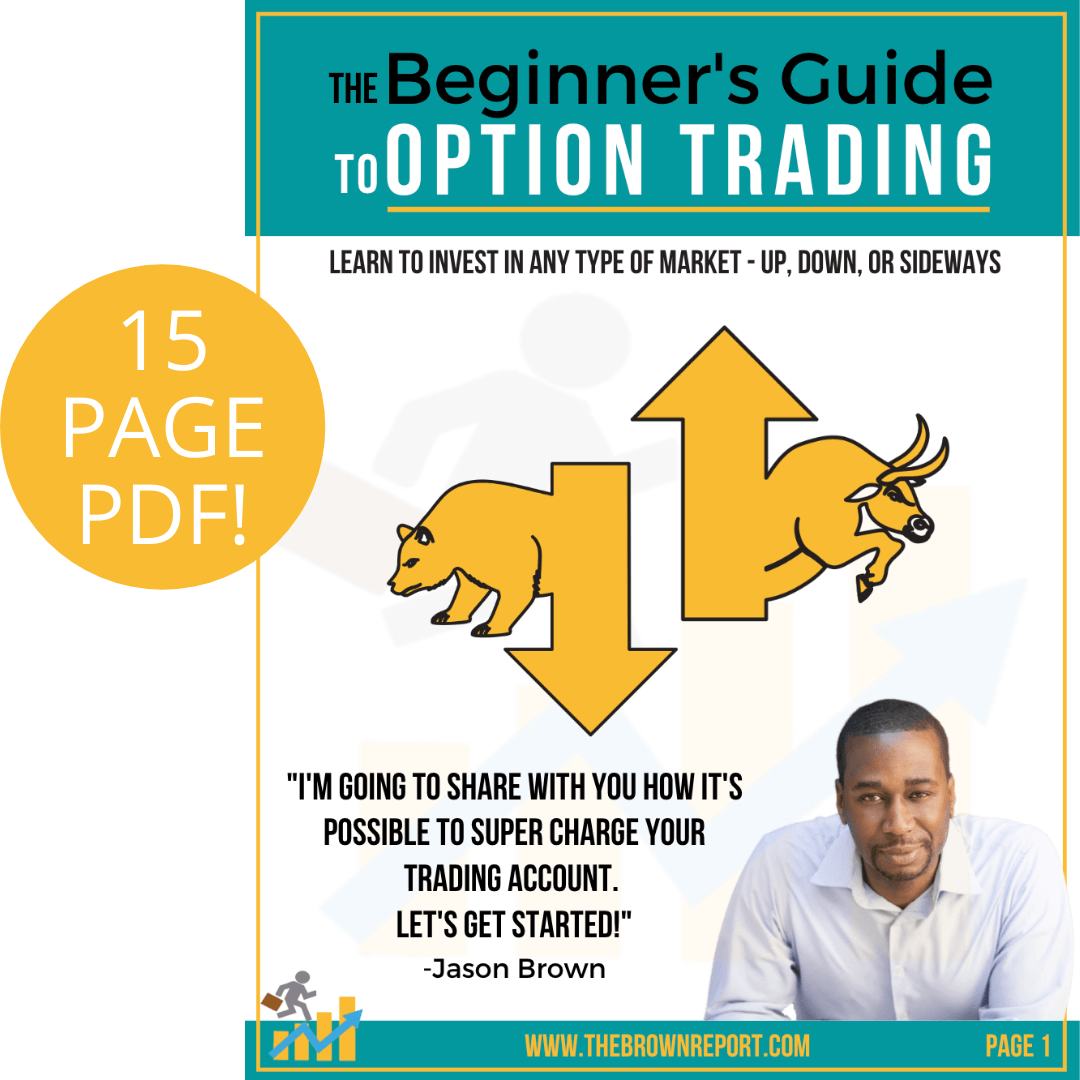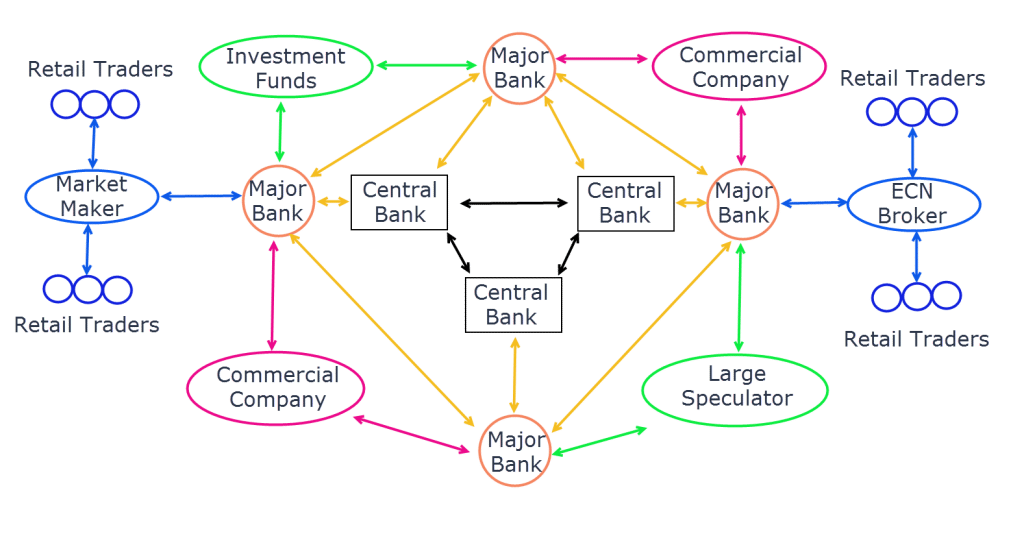Introduction
Imagine yourself flipping a coin with a higher than 50% chance of landing heads. Would you take that bet? What if that coin flip could potentially double your initial investment? Options trading offers a similar proposition, where you can leverage market events to amplify your returns. For beginners venturing into this realm, this comprehensive guide will unravel the complexities of options trading, providing you with a solid understanding and empowering you to make informed decisions.

Image: www.barnesandnoble.com
What are Options?
Options are financial contracts that entail an agreement between two parties, where one party (the buyer) acquires the right, but not the obligation, to undertake a transaction involving an underlying asset (such as a stock, ETF, or commodity) at a predetermined price on or before a specific date. The other party (the seller) of the option assumes the obligation to fulfill that transaction if the buyer exercises their right.
Understanding Basic Concepts
Call Options:
Call options convey the right to buy an underlying asset at a set price (known as the “strike price”) on or before the expiration date. If the asset’s price rises significantly, the call option gains value, allowing you to purchase the asset at the strike price, even if the market price is higher.

Image: thebrownreport.com
Put Options:
Put options, on the other hand, grant the right to sell an underlying asset at the strike price on or before the expiration date. They become valuable when the asset’s price decreases substantially, as you can sell it at the strike price, preserving your capital even when the market takes a downturn.
Expiration Date:
All options contracts have an expiration date. After that date, the options expire, and their value becomes zero. Understanding expiration dates is crucial for managing the timing of your strategies.
Benefits of Options Trading
Leverage and Capital Efficiency:
Options amplify the potential returns on your invested capital compared to traditional stock trading. This allows you to control a larger position while investing less upfront.
Flexibility and Versatility:
Options provide flexible strategies to address various market scenarios. From speculating on price movements to hedging against risks, options allow traders to customize their strategies based on market conditions and individual goals.
Limited Risk:
Unlike traditional stock ownership, the maximum potential loss in options trading is limited to the premium paid for the option, while the potential upside can be uncapped.
Getting Started with Options Trading
Choosing an Underlying Asset:
Select the underlying asset whose price movements you believe you can anticipate accurately. Factors to consider include volatility, liquidity, and the potential for appreciation or decline.
Selecting a Strategy:
Decide on an appropriate options strategy based on your market outlook and risk tolerance. Common strategies include buying calls or puts, selling covered calls, or engaging in spreads and complex multi-leg strategies.
Understanding Options Premiums:
The price of an option, known as the “premium,” is determined by several factors, including the current market price of the underlying asset, the strike price, the time remaining until expiration, and prevailing volatility expectations.
Risks of Options Trading
While options trading offers the potential for significant returns, it also entails inherent risks:
Time Decay:
Options lose value over time as they approach their expiration date. The closer the option gets to expiration without being exercised, the less its value becomes.
Volatility Risk:
Options are sensitive to fluctuations in the underlying asset’s price. If the market moves against your position, the option’s value may decline rapidly.
Correlation Risk:
Options values may be affected by the correlation of the underlying asset’s price with other assets or market indices.
Options Trading A Newbies Guide

Image: planbtutor.com
Conclusion
Options trading presents a dynamic and potentially rewarding arena for those seeking to enhance their investment returns. However, it is crucial to proceed with a comprehensive understanding of the risks and complexities involved. By embracing the principles outlined in this beginner’s guide, you can navigate the world of options with confidence, unlocking the potential to amplify your portfolio’s performance. Remember, knowledge and prudent risk management are key to success in this high-octane realm.






